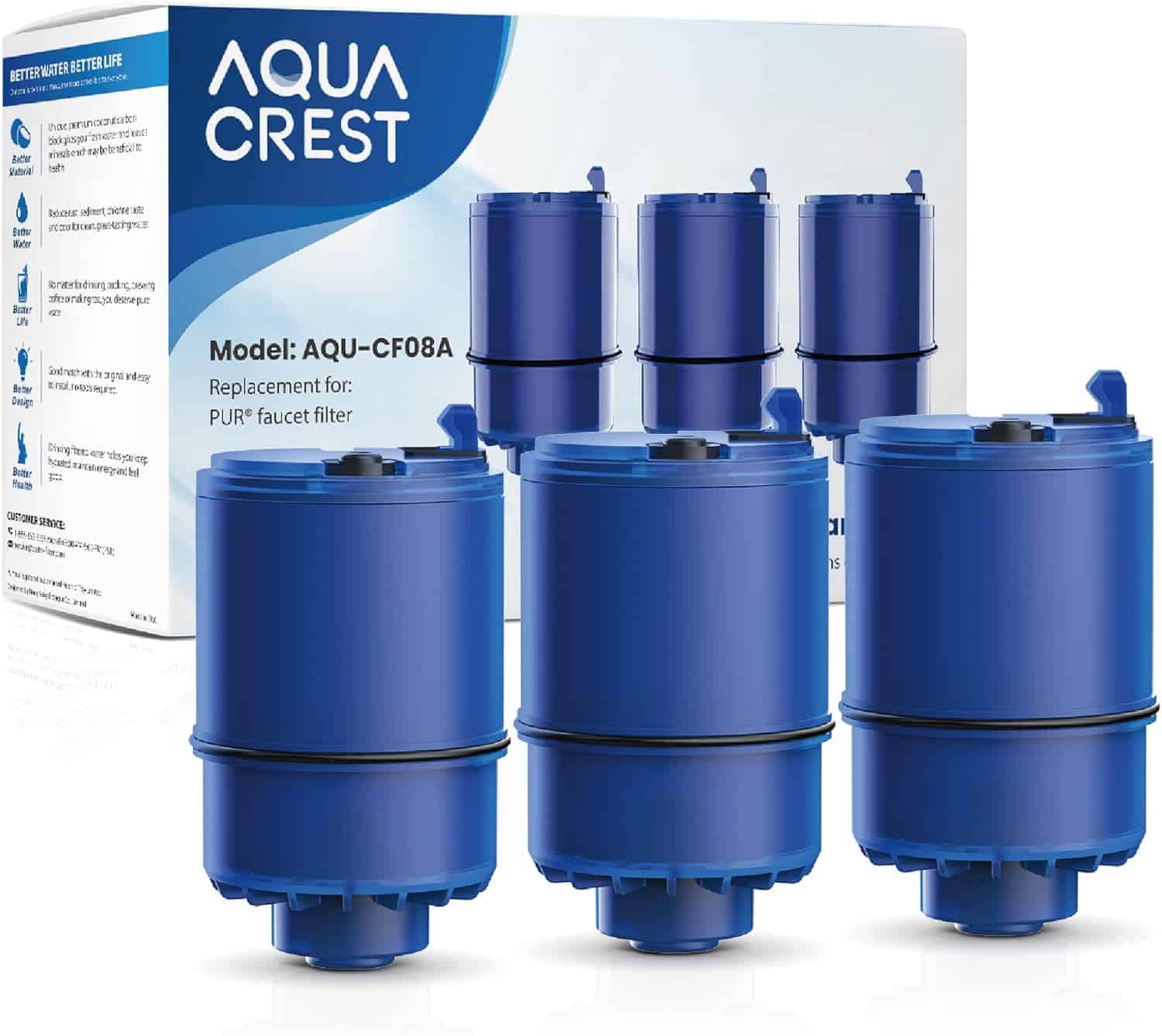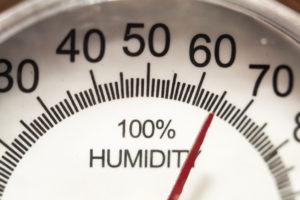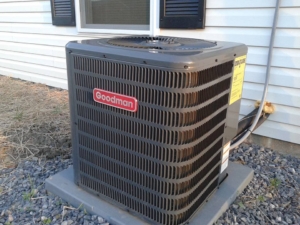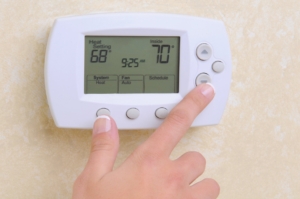Water Cooled AC: Guide
to Energy Efficiency and Cost Savings
Are you tired of traditional air conditioning systems that leave you feeling hot and uncomfortable? Look no further than water-cooled AC. This innovative cooling technology offers a more efficient and effective way to keep your space cool and comfortable. In this blog post, we will explore the benefits of water-cooled AC systems, how they work, and why they are becoming increasingly popular in residential and commercial settings. Discover the power of water-cooled AC and say goodbye to sweltering summers.
Water Cooled AC: What is a Water Cooled AC?
In this section, we will delve into the concept of a water-cooled AC system, including its definition, explanation, and how it works.
Definition and Explanation
A water-cooled AC, also known as a water-cooled air conditioning system, is a type of air conditioning system that uses water as a primary medium for cooling. Unlike traditional air-cooled AC systems that use outdoor air to dissipate heat, water-cooled AC systems rely on water to remove heat from the system.
How Does a Water Cooled AC Work?

A water-cooled AC system operates through the following process:
- Water Circulation: The system utilizes a network of pipes to circulate water throughout the cooling process. The water continuously flows between the air conditioning unit and a cooling tower, where it undergoes cooling.
- Heat Absorption: Inside the air conditioning unit, warm air from the indoor space is drawn in. This warm air passes over a heat exchanger coil, which contains chilled water. The heat from the air is absorbed by the chilled water as it flows through the coil.
- Heat Dissipation: The heat absorbed by the chilled water is then transferred to the water in the cooling tower. The cooling tower, typically located outside the building, facilitates the dissipation of heat through the process of evaporation.
- Cooling Tower Operation: The cooling tower plays a crucial role in the water-cooled AC system. As the warm water from the heat exchanger enters the cooling tower, it is distributed over a large surface area through nozzles or fill materials. Simultaneously, air is drawn in, creating an airflow that promotes evaporation. This evaporation process helps remove heat from the water, which is then released into the atmosphere.
- Water Recirculation: After the heat is dissipated in the cooling tower, the cooled water is circulated back to the air conditioning unit, where it continues the cycle of absorbing heat from the warm air.
By utilizing water as a cooling medium, water-cooled AC systems offer several advantages. They provide superior efficiency compared to air-cooled systems, making them well-suited for large-scale cooling applications. Additionally, water-cooled AC systems tend to operate more quietly and require less maintenance.
It’s important to note that water-cooled AC systems are typically used in commercial and industrial settings rather than residential environments. They are commonly found in office buildings, data centers, hospitals, and other facilities that require significant cooling capacities.
Benefits of Water Cooled AC
Water cooled air conditioning systems offer a range of benefits that make them a popular choice for cooling commercial and residential spaces. From energy efficiency to improved performance, let’s explore the advantages of water cooled AC in more detail.
Energy Efficiency
One of the major advantages of water cooled AC systems is their energy efficiency. These systems use water as a medium to transfer heat, which allows for more efficient cooling compared to traditional air cooled systems. By utilizing water’s high specific heat capacity, water cooled AC systems can effectively remove heat from the air, providing efficient cooling while consuming less energy.
Cost Savings
Due to their energy efficiency, water cooled AC systems can result in significant cost savings. By reducing energy consumption, these systems can lower electricity bills, especially in large commercial buildings where air conditioning needs can be substantial. Water cooled AC systems often have longer lifespans and require less maintenance, resulting in further cost savings in the long run.
Environmentally Friendly
Water cooled AC systems are considered environmentally friendly due to their lower energy consumption. By consuming less power, these systems significantly reduce greenhouse gas emissions associated with electricity generation. Moreover, compared to air cooled systems, water cooled AC units do not release excess heat into the environment, minimizing their impact on the surrounding climate.
Improved Performance
In terms of performance, water cooled AC systems have the upper hand. As water has a higher heat transfer capacity than air, water cooled systems can effectively cool spaces even in extreme temperatures. This allows for more consistent and reliable cooling performance, ensuring optimal comfort levels regardless of the outside weather conditions.
Installation and Maintenance
Installation Process
Installing a water-cooled AC system requires careful planning and execution. Here are the key steps involved in the installation process:
- Site Assessment: Before installation, a site assessment should be conducted to determine the suitability of the location for the water-cooled AC system. Factors such as available space, proximity to a water source, and proper ventilation should be considered.
- Selecting the Equipment: Choose the right water-cooled AC unit based on the specific cooling requirements of the space. Ensure that the system is compatible with the existing HVAC infrastructure.
- Preparing the Installation Area: Clear the area where the unit will be installed and ensure that it is clean and level. This will provide better stability and ease of maintenance.
- Connecting to the Water Source: The AC system needs a constant supply of water for the cooling process. Connect the system to a reliable water source, such as a water line or a cooling tower, following the manufacturer’s guidelines.
- Electrical Connection: Properly connect the AC unit to the electrical supply. Ensure that it is done by a qualified electrician to avoid any safety hazards.
- Testing and Commissioning: Once the installation is complete, perform thorough testing and commissioning of the system. Check for any leaks, ensure proper airflow, and verify that all controls and sensors are functioning correctly.
Maintenance Tips
Regular maintenance is essential for keeping a water-cooled AC system in optimal condition. Here are some important maintenance tips to follow:
- Cleaning and Inspecting: Regularly clean and inspect the components of the AC system, such as the condenser, evaporator, filters, and coils. Remove any dirt, debris, or obstructions that may hinder the system’s efficiency.
- Water Treatment: Monitor and treat the water used in the cooling tower to prevent issues like scale buildup, corrosion, and algae growth. Follow the manufacturer’s recommendations for water treatment and ensure proper chemical balancing.
- Filter Replacement: Replace the air filters at regular intervals to maintain proper airflow and prevent dust and dirt from entering the system. Clogged filters can reduce efficiency and strain the system.
- Condenser and Evaporator Coil Cleaning: Clean the condenser and evaporator coils periodically to remove dirt and debris accumulation. This improves heat exchange and prevents energy wastage.
- Inspecting for Leaks: Regularly inspect the AC system for any water or refrigerant leaks. Addressing leaks promptly helps prevent further damage and ensures optimal performance.
Common Issues and Troubleshooting
Despite proper installation and maintenance, water-cooled AC systems may encounter certain issues. Here are some common problems you may come across and troubleshooting steps to consider:
- Insufficient Cooling: If the system isn’t cooling effectively, check the water supply and ensure it is sufficient. Additionally, examine the condenser and evaporator coils for dirt or damage and clean or repair them as needed.
- Water Leakage: If you notice water leakage, inspect the system for any loose connections, damaged pipes, or clogged drains. Clear any blockages and address the underlying issue promptly.
- Abnormal Noises: Unusual noises from the AC system may indicate problems such as loose components or motor issues. Inspect the unit, tighten any loose parts, and contact a professional if the issue persists.
- Poor Airflow: If the airflow is weak, check and clean the air filters. Additionally, ensure that there are no obstructions blocking the vents or ducts. Improving airflow can enhance the system’s performance and efficiency.
Remember, for complex issues or when in doubt, it’s always advisable to seek professional assistance from HVAC technicians or service providers with expertise in water-cooled AC systems.
Comparison with Air Cooled AC
When it comes to cooling systems, there are two main types to choose from: water cooled AC and air cooled AC. Each of these systems has its own advantages and disadvantages. In this section, we will compare water cooled AC with air cooled AC to help you understand the key differences between them.
Differences in Cooling Mechanism
Water cooled AC and air cooled AC both work on the same principle of removing heat from the air, but they employ different cooling mechanisms.
In an air cooled AC system, the process begins with the compressor compressing the refrigerant gas, which then flows through the condenser coil. The condenser coil releases the heat, and the refrigerant changes from a gas to a liquid state. The cooled air is then circulated back into the room.
On the other hand, a water cooled AC operates by passing the warm air over a condenser coil cooled by water. The heat from the air is transferred to the water, and the cooled air is then circulated back into the room. The heated water is then pumped to a cooling tower or released outside the building.
Efficiency and Performance Comparison
When it comes to efficiency and performance, water cooled AC systems have an edge over air cooled AC systems.
Water has a higher heat capacity than air, which means it can absorb more heat energy. This makes water cooled AC systems more efficient in cooling large spaces or areas with high heat loads. They can maintain a consistent cooling temperature even in extreme or humid conditions.
On the other hand, air cooled AC systems are generally less efficient and may struggle to cool large or heavily populated areas. They are more suitable for smaller spaces and moderate heat loads.
Cost Comparison
In terms of cost, water cooled AC systems are usually more expensive to install and maintain compared to air cooled AC systems. This is because water cooled AC systems require complex plumbing and infrastructure, including cooling towers and water pumps.
Air cooled AC systems, on the other hand, are relatively simpler and more cost-effective to install and maintain. They do not require additional plumbing or infrastructure, making them a more budget-friendly option.
However, it’s important to consider long-term costs as well. While water cooled AC systems have higher initial costs, they tend to be more energy-efficient, which can lead to significant savings on energy bills in the long run.
Considerations for Choosing a Water Cooled AC
When it comes to selecting a water cooled air conditioning (AC) system for your space, there are a few important factors to consider. By taking these aspects into account, you can ensure that you choose the right size and capacity, determine the availability of a water source, and accommodate the necessary space requirements. Let’s dive into these considerations in detail:
Size and Capacity
One of the primary considerations when choosing a water cooled AC is the size and capacity of the unit. The size of the AC unit will depend on the cooling needs of your space. It’s important to determine the square footage you need to cool and match it with an appropriately sized unit. An undersized unit may struggle to adequately cool the area, while an oversized unit can lead to excess energy consumption.
To calculate the cooling capacity required, a general rule of thumb is to allocate 1 ton (12,000 BTU) of cooling capacity for every 400-500 square feet of space. However, it’s always advisable to consult with a professional to accurately assess your specific cooling needs.
Water Source Availability
Choosing a water cooled AC also means considering the availability of a water source. These systems require a continuous supply of water for their cooling process. Therefore, it’s essential to evaluate whether you have access to an adequate and reliable water source. This could be a municipal water supply or an alternative source like a well or a cooling tower. Additionally, consider the water quality and ensure it meets the requirements of the AC system to prevent any potential issues or damage.
Space Requirements
The space requirements for a water cooled AC are another crucial consideration. Unlike traditional air cooled AC systems, water cooled units require additional space for the cooling tower or heat rejection equipment. This equipment is typically located outside the building and needs enough room for proper airflow and ventilation. It’s essential to assess the available outdoor space to ensure it can accommodate the necessary equipment without any obstructions.
Additionally, you must consider the indoor space required for the AC unit itself, including any ductwork and ventilation systems. Assess the available area and make sure it aligns with the specific dimensions and installation requirements of the chosen water cooled AC unit.
Conclusion
A water-cooled air conditioning system offers numerous benefits that make it a worthwhile investment. By utilizing water as a cooling medium instead of air, these systems provide greater efficiency and energy savings. They are also more environmentally friendly, producing lower greenhouse gas emissions compared to traditional air-cooled systems. Additionally, water-cooled AC units operate more quietly, providing a more comfortable and peaceful indoor environment. With their ability to handle higher cooling loads and maintain consistent temperature control, water-cooled AC systems are a reliable and efficient choice for both residential and commercial spaces. Consider opting for a water-cooled AC system to enjoy improved cooling performance and reduced energy costs.





